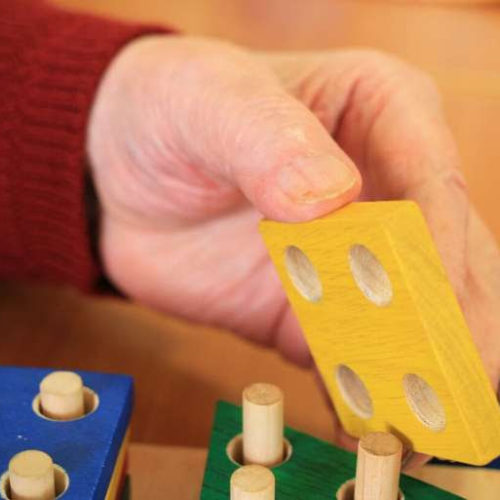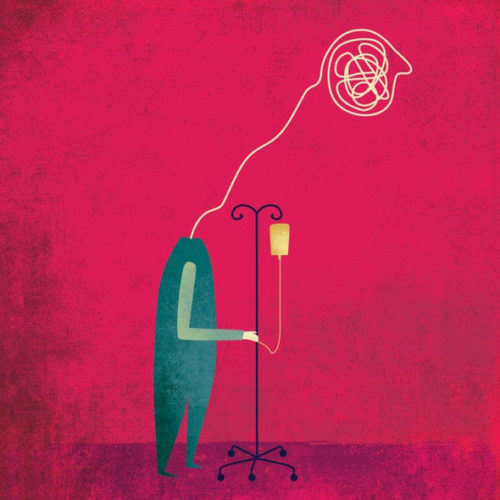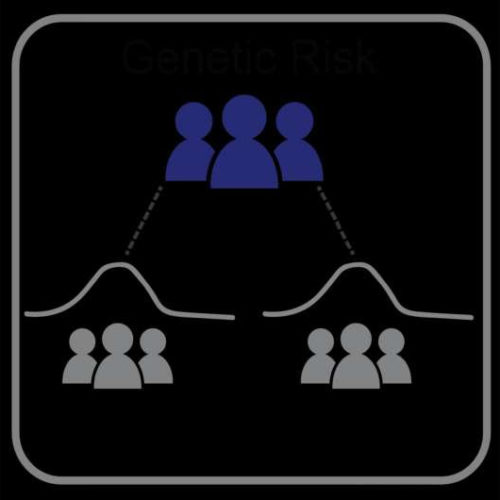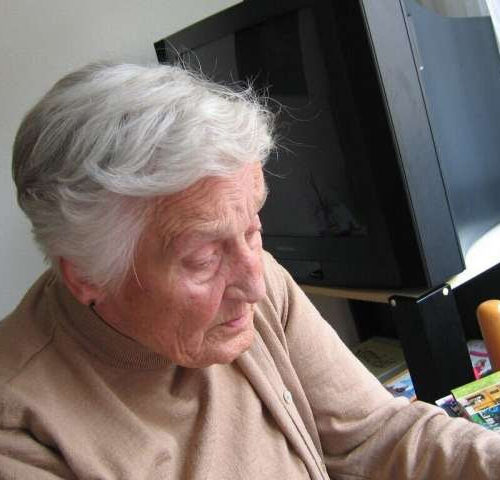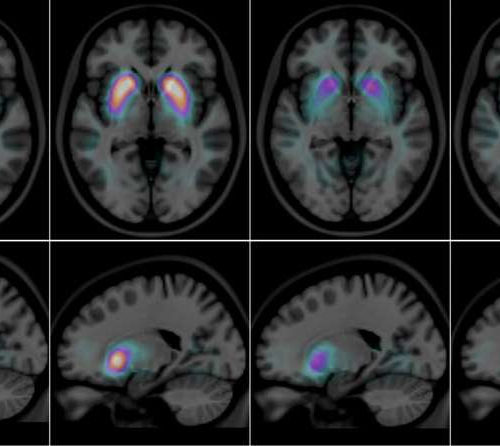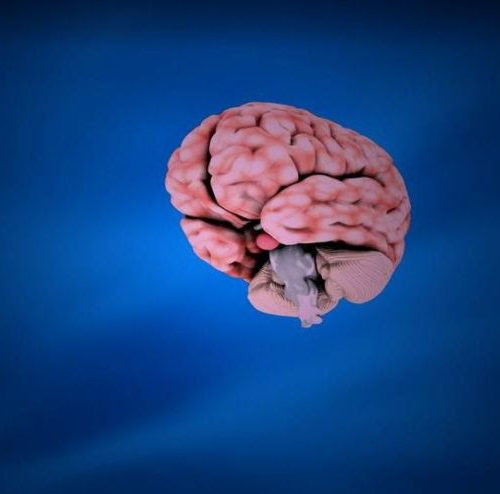UNIVERSITY OF SYDNEY IMAGE: NEUROIMAGING FINDINGS SHOW GREY MATTER INTENSITY DECREASES RELATED TO ANHEDONIA, APATHY AND DEPRESSION. ANHEDONIA IN FTD WAS RELATED TO DEGENERATION OF THE REGIONS CIRCLED IN GREEN, WHICH ARE ‘HEDONIC HOTSPOTS CREDIT: UNIVERSITY OF SYDNEY KEY POINTS: Loss of pressure has been revealed as a key feature in early-onset dementia (FTD), in...
Tag: <span>Dementia</span>
Fighting dementia with play: Cognitive motor training improves function
by ETH Zurich Credit: CC0 Public Domain Dementia turns the world upside down, not only for the person affected, but also for their relatives, as brain function gradually declines. Those affected lose their ability to plan, remember things or behave appropriately. At the same time, their motor skills also deteriorate. Ultimately, dementia patients are no longer...
A trio that could spell trouble: Many with dementia take risky combinations of medicines
MICHIGAN MEDICINE – UNIVERSITY OF MICHIGAN People over 65 shouldn’t take three or more medicines that act on their brain and nervous system, experts strongly warn, because the drugs can interact and raise the risk of everything from falls to overdoses to memory issues. But a new study finds that 1 in 7 people with...
The Link Between Delirium and Dementia
By Carrie Arnold, Nature magazine on February 25, 2021 Credit: Fatinha Ramos In her job as a physician at the Boston Medical Center in Massachusetts, Sondra Crosby treated some of the first people in her region to get COVID-19. So when she began feeling sick in April, Crosby wasn’t surprised to learn that she, too, had been infected. At...
Genetic study of Lewy body dementia supports ties to Alzheimer’s and Parkinson’s diseases
by National Institutes of Health An NIH-led genetic study found that Lewy body patients had higher chances of suffering Alzheimer’s or Parkinson’s disease than age-matched controls. Credit: Courtesy of Scholz lab NIH/NINDS. In a study led by National Institutes of Health (NIH) researchers, scientists found that five genes may play a critical role in determining whether...
Team finds that people with dementia at higher risk for COVID-19
by Case Western Reserve University Credit: CC0 Public Domain A study led by Case Western Reserve University researchers found that patients with dementia were at a significantly increased risk for COVID-19—and the risk was higher still for African Americans with dementia. Reviewing electronic health records of 61.9 million adults in the United States, researchers found the risk of...
Imaging of a living brain can help clearly differentiate between two types of dementia
by Champalimaud Centre for the Unknown SPECT images, superimposed on a magnetic resonance atlas, of an axial slice (top row) and a sagittal slice (bottom row) of the human brain, with a quantitative artificial-color scale showing the differences in the average distribution of the radioactive compound [123I]FP-CIT in the striatum of healthy controls, Alzheimer’s disease,...
Preventing seizures after brain injury could stave off dementia
“Traumatic brain injury is a major risk factor for dementia, but the reason this is the case has remained mysterious,” said Ted Allison, co-author and professor in the Department of Biological Sciences in the Faculty of Science. “Through this research, we have discovered one important way they are linked—namely, post-injury seizures.” Image credit: pixy.org, CC0 Public Domain “There is currently...
Dementia rates higher in men with common genetic disorder haemochromatosis
UNIVERSITY OF EXETER New research has found that men who have the Western world’s most common genetic disorder are more likely to develop dementia, compared to those without the faulty genes. Researchers at the University of Exeter and the University of Connecticut have previously found that men with two faulty genes that cause the iron...
Apathy could predict onset of dementia years before other symptoms
by University of Cambridge Credit: Pixabay/CC0 Public Domain Apathy—a lack of interest or motivation—could predict the onset of some forms of dementia many years before symptoms start, offering a ‘window of opportunity’ to treat the disease at an early stage, according to new research from a team of scientists led by Professor James Rowe at the...


